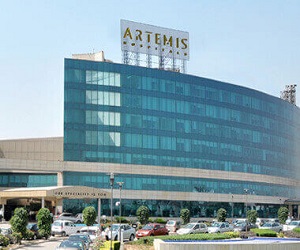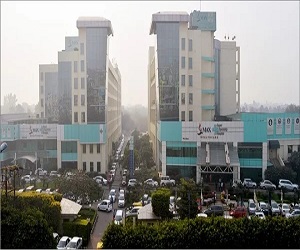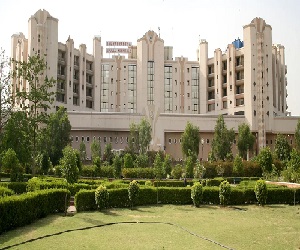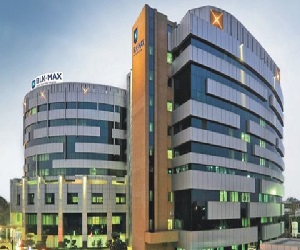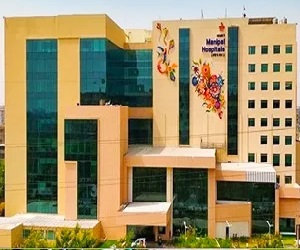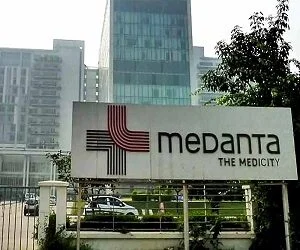The tube that connects our throat to our stomach is known as the esophagus. When cancer cells start growing unchecked in this tube, it’s called esophageal cancer. It usually begins in the inner lining of the esophagus and can spread to other parts of the esophagus and beyond. Esophageal cancer has two main types:
Adenocarcinoma: This type of cancer starts in the glandular tissue near the bottom of the esophagus, closer to the stomach. In this lower part of the esophagus, you can see where the esophagus meets the stomach.
Squamous cell carcinoma: Esophageal cancer of this type typically arises from the squamous cells lining the esophagus, with a predilection for the upper and middle sections of the organ.
How to investigate
In addition to reviewing the patient’s medical and family history, the doctor will conduct a physical examination. Diagnostic tests such as upper endoscopy, biopsy, and barium x-ray may also be performed to further assess the condition.
Barium x-rays: The esophageal wall can be challenging to visualize clearly on X-rays. To improve clarity, doctors often use barium to coat the esophageal wall, aiding in better visualization.
Upper endoscopy: This procedure provides a means to observe any abnormalities in the esophagus.
Biopsy: To detect cancer cells, esophageal cells are examined under a microscope.
Line of treatment
There are numerous cancer treatments available.
Surgery: Esophageal cancer can be treated using two distinct surgical methods. The first approach involves removing the affected section of the esophagus, including the tumor and nearby lymph nodes, and then reconnecting the esophagus using tissue from the stomach or small intestine. The second procedure entails removing the upper part of the stomach, a segment of the esophagus, and the surrounding lymph nodes.
Chemotherapy: Chemotherapy uses chemicals to kill cancer cells.
Photodynamic Therapy: This treatment eliminates cancer cells by using a combination of low-powered lasers and a light-sensitive medication.
Radiotherapy: To eradicate the malignant tissue, high-energy radiation beams are directed to it.
The total cost of esophageal cancer surgery depends on various factors, such as the type of anesthesia or sedation used, additional procedures performed simultaneously, and the treatment method chosen. In India, the overall cost of esophageal cancer treatment ranges from USD 3000 to USD 4000, influenced by several variables. The success rate for esophageal cancer treatment in India is 90%. The treatment typically requires a hospital stay of three to four days, with patients needing to remain in the country for over 20 days.
Post-op care
Recovery from the treatment typically takes about 6-8 weeks. For post-operative care, the hospital team will provide all necessary guidelines. Initially, the patient will not be able to eat anything and will be on drip fluids for a few days. Once discharged, the patient will need to consume smaller portions of semi-solid or liquid food more frequently throughout the day.
Esophageal Cancer Treatment cost in India are as follow
| Treatment | Cost in USD | Stay in Hospital |
| Esophageal Cancer Treatment | 2700-4600 | 5-7 Days |
| Colon Cancer Treatment | 4500-5100 | 4-5 Days |
| Lungs Cancer Treatment | 4500-5600 | 5-7 Days |
| Prostate Cancer Treatment | 3700-4600 | 3-4 Days |

